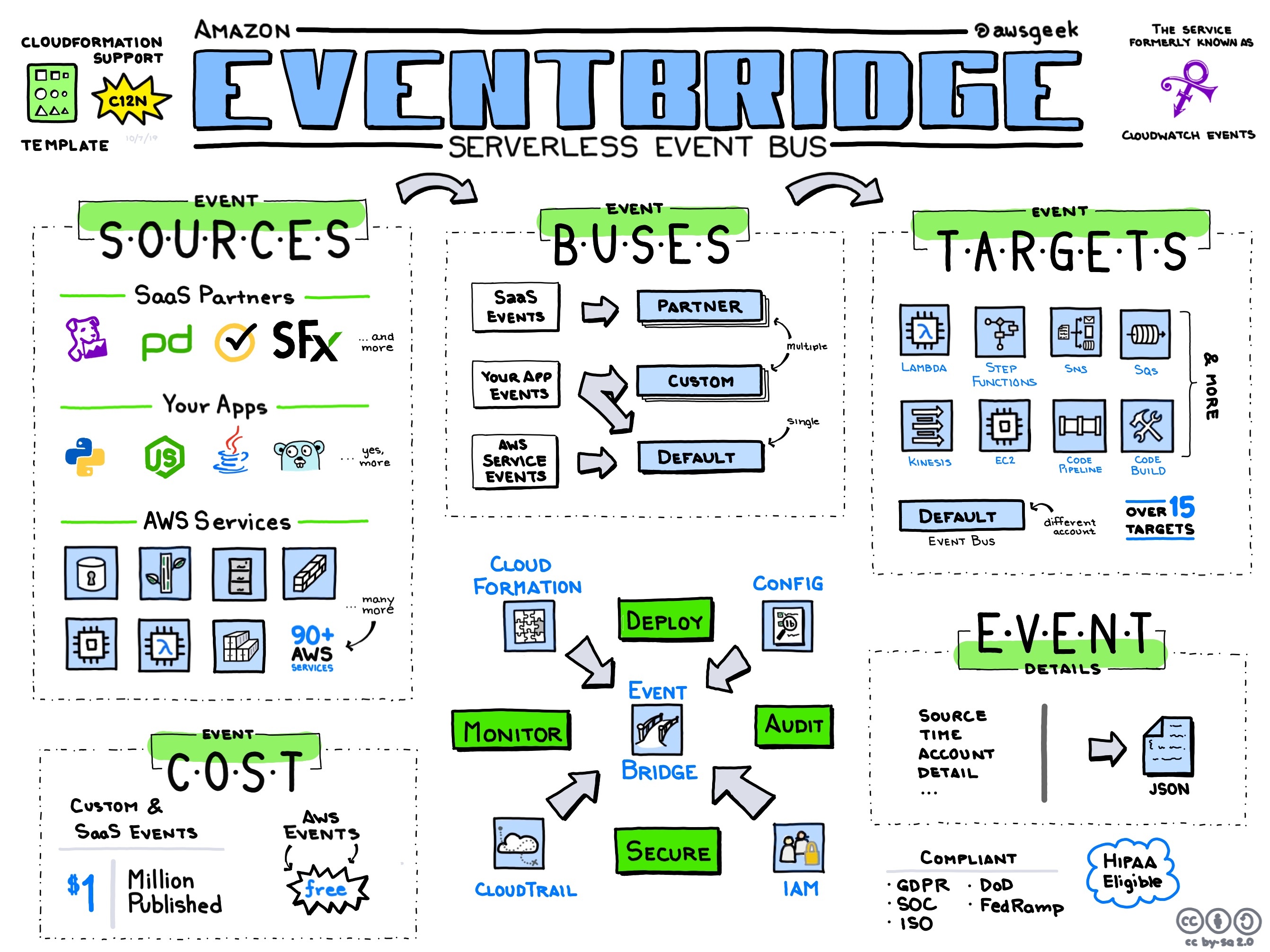
Amazon EventBridge is a serverless event bus service that enables AWS developers and IT administrators to create event-driven architectures at scale. It offers seamless integration between applications, third-party services, and various AWS resources, providing a flexible and reliable solution for event streaming. This article explores the technical aspects of EventBridge, delving into its use cases, pricing, scalability, availability, and security. For professionals examining alternatives from other cloud providers, we'll also look at the competitive landscape.
Use Cases
EventBridge facilitates various use cases, primarily focused on building scalable and decoupled applications. One significant application is the integration of microservices, allowing different parts of an application to communicate asynchronously. This decoupling helps in building resilient systems that can evolve independently over time. Another use case is automating workflows by tying together disparate systems based on event data, such as automatically processing a transaction upon receiving an order or triggering job execution when resource utilization surpasses a defined threshold.
Additionally, EventBridge is commonly used for real-time data ingestion, processing events from IoT devices, and synchronizing data across multiple systems. By integrating with SaaS services like Zendesk, Datadog, or Shopify, EventBridge allows enterprises to extend their on-premise applications to leverage cloud-based solutions without managing additional infrastructure.
Pricing
EventBridge pricing is based on the number of events published and matched. Users incur charges per million events published to the event bus, as well as per million events that match a defined rule. There is also a cost associated with delivery attempts to targets. It's crucial to evaluate these parameters to estimate the total cost within particular use cases. AWS offers a free tier which can be used to evaluate the service under limited conditions, ideal during the testing and development phases.
Scalability
Amazon EventBridge is designed to provide virtually unlimited horizontal scalability, accommodating a high volume of events per second. The underlying infrastructure automatically adjusts to handle the load, relieving developers and administrators from the responsibility of scaling the service manually. This auto-scaling capability ensures consistent event processing performance regardless of the event rate.
Availability
AWS ensures high availability and fault tolerance for EventBridge across multiple Availability Zones within a region. The service is architected to be redundant and distributed, enhancing its resilience in the face of failures. As with many AWS services, availability is safeguarded by Service Level Agreements (SLAs) that promise a minimum uptime percentage.
Security
EventBridge incorporates various security features to protect the integrity and confidentiality of data. AWS Identity and Access Management (IAM) allows for granular control over permissions, ensuring that only authorized entities can access resources. Data within EventBridge is encrypted both at rest and in transit, and users have the option to employ customer-managed KMS keys for additional encryption control.
AWS also supports extensive auditing through AWS CloudTrail, enabling developers and administrators to monitor access and modifications to EventBridge configurations and policies. This focus on security extends to compliance, as EventBridge meets several industry standards, including GDPR, HIPAA, and SOC.
Competition
Google Cloud offers Google Cloud Pub/Sub, a messaging service that supports event ingestion and delivery. It provides global horizontal scaling and delivers messages in real-time. More information can be found at Google Cloud Pub/Sub.
Microsoft Azure Event Grid provides event routing service, enabling the integration of event-based architectures across Azure resources, as well as external applications. Azure Event Grid's details are available at Microsoft Azure Event Grid.
Alibaba Cloud EventBridge is also in this space, offering similar event-driven capabilities and seamless integration with Alibaba Cloud services. Detailed information can be accessed at Alibaba Cloud EventBridge.
For developers and IT administrators evaluating event-driven options, understanding EventBridge and its position against competitive alternatives can inform decisions on building flexible, efficient, and scalable solutions tailored to organizational needs.
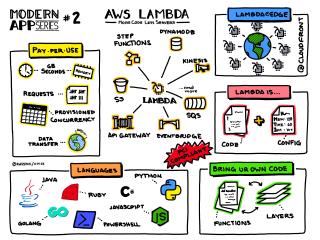 AWS Lambda
AWS Lambda
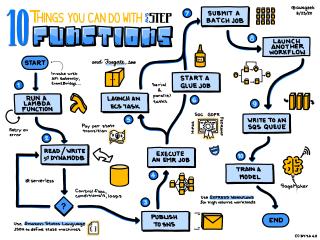 AWS Step Functions
AWS Step Functions
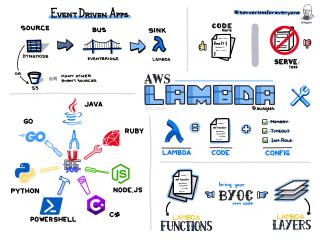 AWS Lambda
AWS Lambda
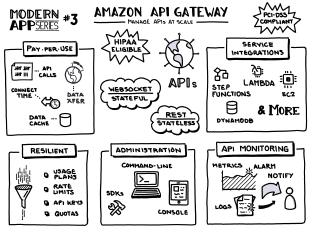 Amazon API Gateway
Amazon API Gateway